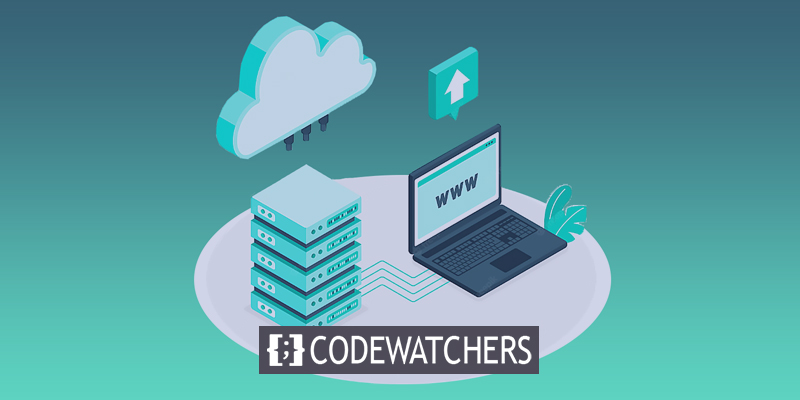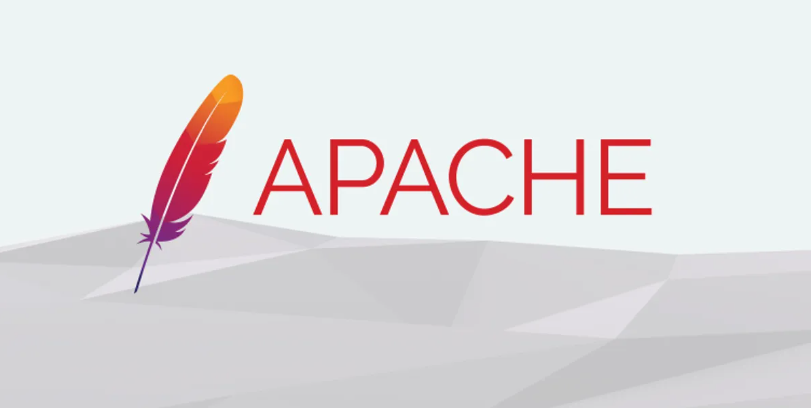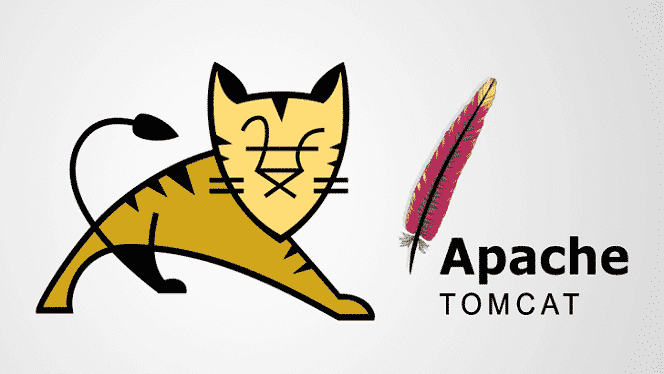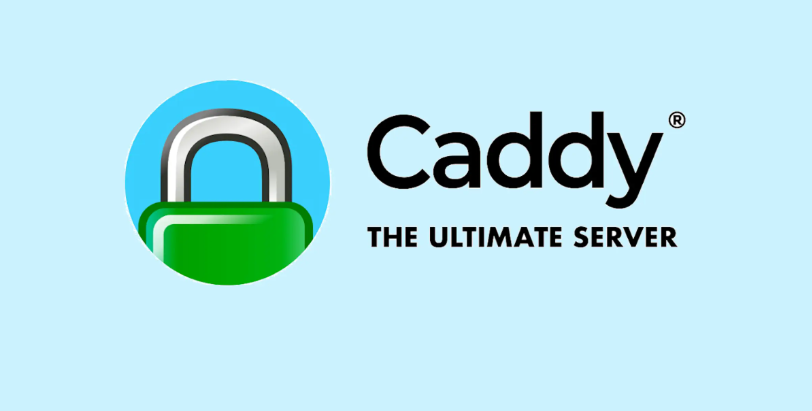An open-source web server is one that has its source code available for developers or the general public to read, copy, alter, or modify. It has been a long time since its release, and many new web servers have entered the market since then. Many web servers are still in development, developed for specific purposes, technologies, or constructed on demand by a firm.

In this post, we have compiled a list of the top best 5 most trustworthy, and most popular open source web servers that are easily available for usage in your web project for web application installation and operation. So let's get started with our list of the top web server kinds.
Introduction Of Web Servers
A web server is divided into 2 parts: hardware and software. An actual computer or a network of interconnected equipment is referred to as hardware. This computer saves data from website components such as HTML documents, JavaScript files, CSS stylesheets, and photos.
The software on a web server governs how the server receives and displays information over the internet. The software accepts browser requests, locates the required files, and then serves them over Hypertext Transfer Protocol (HTTP). In essence, the software translates the facts on your website into understandable content for your users. Today, many web servers use HTTPS for more secure transactions.
Create Amazing Websites
With the best free page builder Elementor
Start NowMany web server software alternatives employ other protocols, such as Simple Mail Transfer Protocol (SMTP) and File Transfer Protocol (FTP) (FTP). Furthermore, separate software is created for different Operating Systems (OS), such as Windows or Linux.
In most circumstances, your web server software will be determined by your hosting provider. Some hosts, on the other hand, will allow you to select and install your favorite software.
5 Best Web Servers for Windows and Linux
You should now grasp the significance of web server software. Here's a list of the top 5 web servers for Windows and Linux (in no particular order)!
Apache

The Apache HTTP Web Server is one of the oldest and most used web servers, having been published in 1995. The Apache Software Foundation maintains and develops it as free and open source software. According to statistics, the Apache webserver powers around 34.1 percent of web applications and websites. Apache software receives HTTP directory requests from various internet users and returns the requested data in the form of files and Web pages.
It is one of the fastest, most dependable, and secure web servers available, designed to manage high traffic with minimal configuration. The software is developed in C and works with any operating system, including Linux, Apache Windows, Novell Netware, Mac OS X, Solaris, OS/2, Unix-like, FreeBSD, and others. The HTTP protocol is used by Apache software to transfer information from the server to the client.
The open source infrastructure also makes it easier for developers to access and collaborate on source code. Furthermore, there are numerous Apache modules that allow server administrators to extend their features and turn on and off other functionalities. You will need access to .htaccess to configure these modules. Apache HTTP Server modules include mod fcgid, mod Ftp, mod domain, mod mbox, mod pop3, mod arm4, mod smtpd, and Sandbox. External extension modules such as mod gzip provide new functions to the software. This module can assist in reducing the size of HTTP-served Web pages. Similarly, another module, ModSecurity, aids in the management of intrusion detection for Web applications.
Key Features
- Simple to set up
- Quick and safe
- Written in the C programming language
- Its modular structure makes it more adaptable.
- Any programming language, including PHP, Python, and others, is compatible.
- CGI, HTTP/2 (mod http2), FTP connection, XML, and session tracking supported.
- Rewriting URLs
- IP address-based geolocation
- Dynamic module loading
- Personalized tracking and rotation
- Throttling of bandwidth
Tomcat Server

Tomcat is an excellent web server software choice for Java applications. It makes use of several Java specs in an open-source environment that is geared for speed and performance. As a result, it's a great solution for dynamic content like animations and interactive web pages.
Furthermore, Tomcat is produced by the same firm as Apache. As a result, these two server software alternatives are designed to complement one another. Furthermore, Tomcat is compatible with a variety of operating systems, including Windows, Linux, and macOS.
To handle more requests, such as HTTP, you can use Tomcat in conjunction with other web server software. Otherwise, for static pages, the program may be inefficient. Furthermore, it is not the ideal option for Secure Sockets Layer (SSL).
Key Features
- TLS virtual hosting that is highly adaptable
- Lightweight
- Capabilities for advanced IO
- AWS (Amazon Web Services), HTTP/2, and OpenSSL are all supported.
- Clustering has been refactored.
Nginx Web Server

Igor Sysoev invented Nginx, another open-source web server, in 2002. The program can also function as a reverse proxy, load balancer, HTTP cache, API gateway, and IMAP/POP3 proxy server. According to Nginx statistics, around 33.7 percent of online applications and websites operate on the Nginx webserver.
As a remedy to the C10K challenge, the webserver was designed. The C10K problem arose when many web servers began encountering performance and handling concerns with 10,000 concurrent connections. There were other considerations as well, such as serving static files, using less memory, and the need for a fresh design that can suit best.
Nginx's asynchronous architecture was faster than other webservers and could handle the high loads at the same time. The web server was officially released to the market in 2004.
With its simple configuration structure and capabilities, such as high concurrency, scalability, and low resource use, Nginx eventually eclipsed Apache. NGINX, unlike Apache, does not include a large number of modules. As a result, adding functionality after installation may become more complex. OSS Nginx and Nginx Plus are two well-known Nginx variants.
Nginx is available for Linux as well as Nginx Windows Server. Nginx is preferred by Facebook, DuckDuckGo, Microsoft, Google, IBM, Adobe, LinkedIn, and Twitter, to name a few high-profile companies.
Key Features
- Support for fast CGI and reverse proxy with caching
- High performance with low resources
- 10,000 concurrent connections can be handled
- Auto-indexing
- increased scalability
- Load Balancing Assistance
- DDoS assaults should be avoided.
- Gateway for APIs
- Websockets
- IPv6-compatible
LiteSpeed

LiteSpeed is a web server software that is both lightweight and secure. It is intended to give maximum performance and scalability while consuming the least amount of server resources. It also has a built-in defense against Distributed Denial of Service (DDoS) assaults.
LiteSpeed is also prepared to handle unexpected traffic increases. It is also capable of serving PHP faster than many other server software solutions, including Apache. As a result, it could be an excellent alternative if your site receives a lot of traffic or consumes a lot of resources.
Remember that LiteSpeed is not available on Windows. Furthermore, if you do not want to invest in a premium plan, the open-source version of the software can be somewhat limited.
Key Features
- Event-driven design
- Compatibility with a variety of hosting panels
- Adjustable security features
- PHP enhancement
Caddy

Caddy is a robust cross-platform web server equivalent to Apache Web Server. It is a quick open-source framework with no dependency designed by Mathew Holt. This increases the likelihood of portability across various distributions. Furthermore, the software is developed in the Go programming language and is simple to install. All distributions are supported, including MAC, Windows, Android, Linux, BSD, and Solaris.
Because it is the only web server that executes apps written in GO, it is used by only 0.1 percent of web applications and websites. Another characteristic of the Caddy project is that it uses HTTPS by default and automatically renews TLS certificates.
It also functions as a reverse proxy, load balancer, and API gateway, and it supports IPv6 and HTTP/2, virtual hosting, URL rewriting, WebSockets technology, redirects, caching, FastCGI, and other features.
Key Features
- No Dependency
- Serves Gzip compression and headers
- Supports IPv6
- Virtual Hosting
- URL rewriting
- Support WebSockets technology
Wrapping Up
Choosing the correct web server software can mean the difference between a fast and smooth-running website and one that is slow and wasteful. Fortunately, there are numerous options available, so you may pick one that meets your exact requirements.
Apache may be worth considering if you want a user-friendly and customizable alternative. NGINX, on the other hand, is ideal for high-traffic websites with high-performance requirements. Apart from the suggestion, get whatever suits your needs best!




